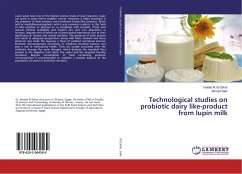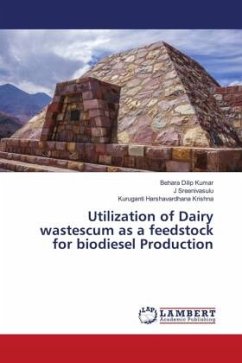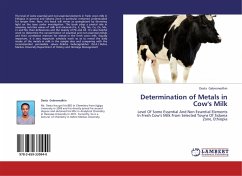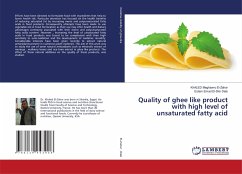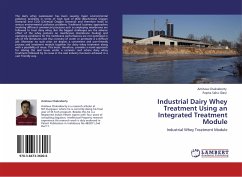Lupin seeds have one of the highest protein levels of grain legumes. Lupin can grow in areas where soybean cannot. However, a major drawback is the presence of heat-resistant anti-nutritional factors like phytates. Phytic acid or inositolhexa-phosphoric acid is very common in plants, in the form of salts (phytate or phytine) or as complexes with proteins. Phytic acid reduces mineral availability and hinders zinc and iron absorption in humans. Legumes and oil seeds are of great global importance due to their significance in human and animal nutrition. The presence of both protein and starch in adequate proportions, along with fiber, vitamins and micro elements, has made the legumes a focus of justified nutritional interest. Probiotic microorganisms contribute to intestinal microbial balance and play a role in maintaining health. They are usually consumed after the antibiotic therapy (for some illnesses), which destroys the microbial flora present in the digestive tract (both the useful and the targeted harmful microbes). Regular consumption of food containing probiotic microorganisms is recommended to establish a positive balance of the population of useful or beneficial microbes.
Bitte wählen Sie Ihr Anliegen aus.
Rechnungen
Retourenschein anfordern
Bestellstatus
Storno

